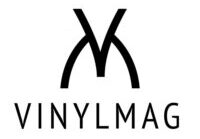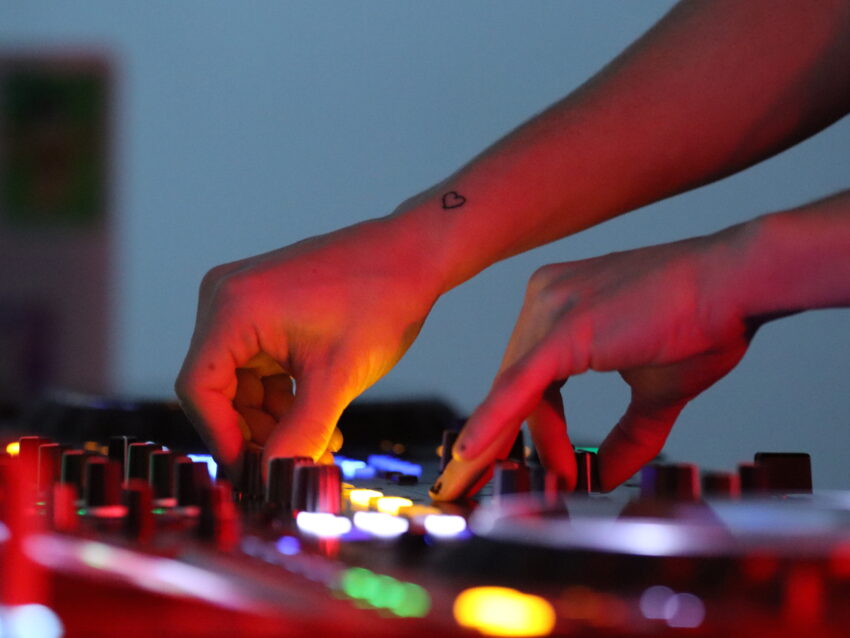A flow state of pure connection and free movement—this is how Izzy Morrow, a DJ and promoter in Athens, describes the music environment that she hopes to curate. She says this state of being is when she feels the most connected to the universe and, when she’s on stage, to the crowd.
“Movement is such a healing thing—just dancing freely,” said Morrow. “[In our] normal everyday lives, we literally don’t get to do that… I feel like I just shed all my layers and it’s just pure human.”
Before the COVID-19 pandemic, Athens had a thriving DJ scene. According to Morrow, the Georgia Theatre in Athens, Georgia, used to book EDM shows frequently on the weekends. However, she says the number of shows and DJs in Athens has since slowed down in the post-pandemic era.
Still, many of Athens’ DJs—from underground to EDM to old school—predict that the scene is regaining footing, preparing for an anticipatory comeback.
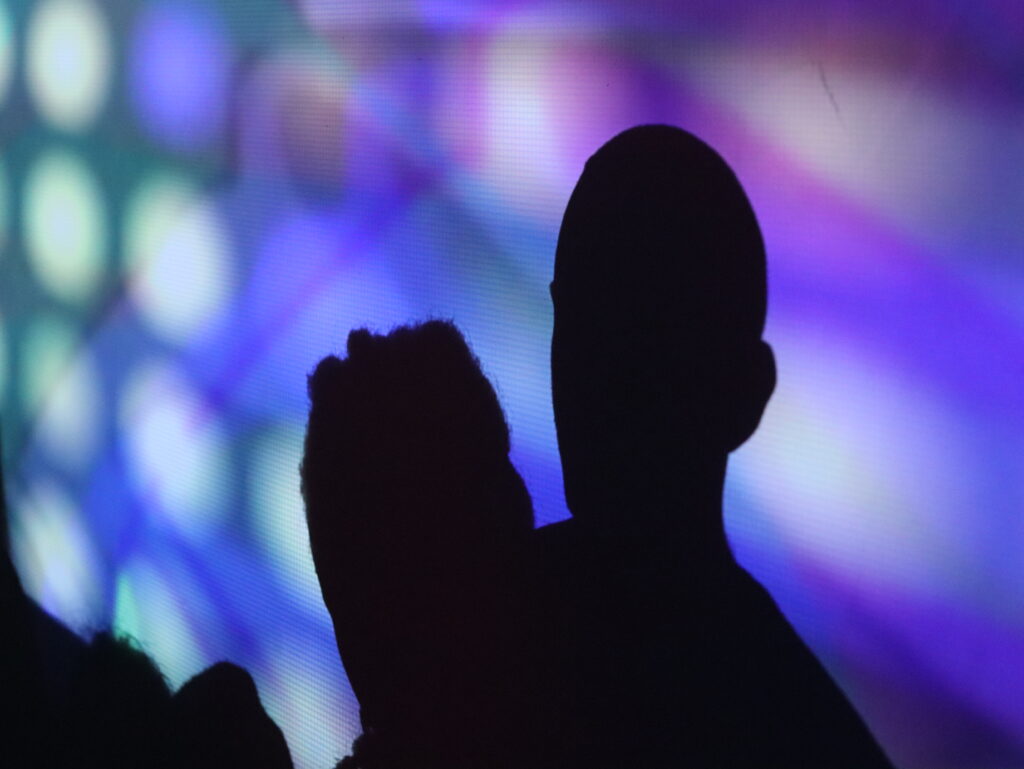
Current trends
The live music industry, like many other aspects of our lives, changed after COVID-19. According to a study by the National Library of Medicine, the total monthly consumer spending on music has decreased by more than 45% compared to the pre-pandemic levels, impacting live music and physical sales the most.
While sales in pop music concerts have recently skyrocketed three years post-pandemic, the New York Times reports that amphitheaters operating below arena levels have seen climbing costs, and other industries, like Broadway audiences, are still down from pre-pandemic numbers.
On the other hand, the pandemic also offered rare free time for many people to try out new things—for musicians to perfect their craft. Another study by the National Library of Medicine reports that some musicians referred to the pandemic aftermath as a “creative period,” despite the disadvantages of lockdowns.
Athens also gained some quality music from the DJ scene during this time, according to Henry Landgraff, known as DJ Henny. He attributes this spike in creativity to the increased time people had to learn how to produce.
However, even beyond the pandemic’s influence, Morrow says most musicians in Athens, not just DJs, are “hungry” to create. It’s that freedom of expression that made Morrow fall in love with the Athens DJ scene in the first place. Even Landgraff, originally from Ohio, attended the University of Georgia because of the attractive music scene and music business program.
“Having like-minded people that are so musically intelligent, even if it’s not about music … it’s a microcosm [where] you can fail and there’s no downside,” said Landgraff.
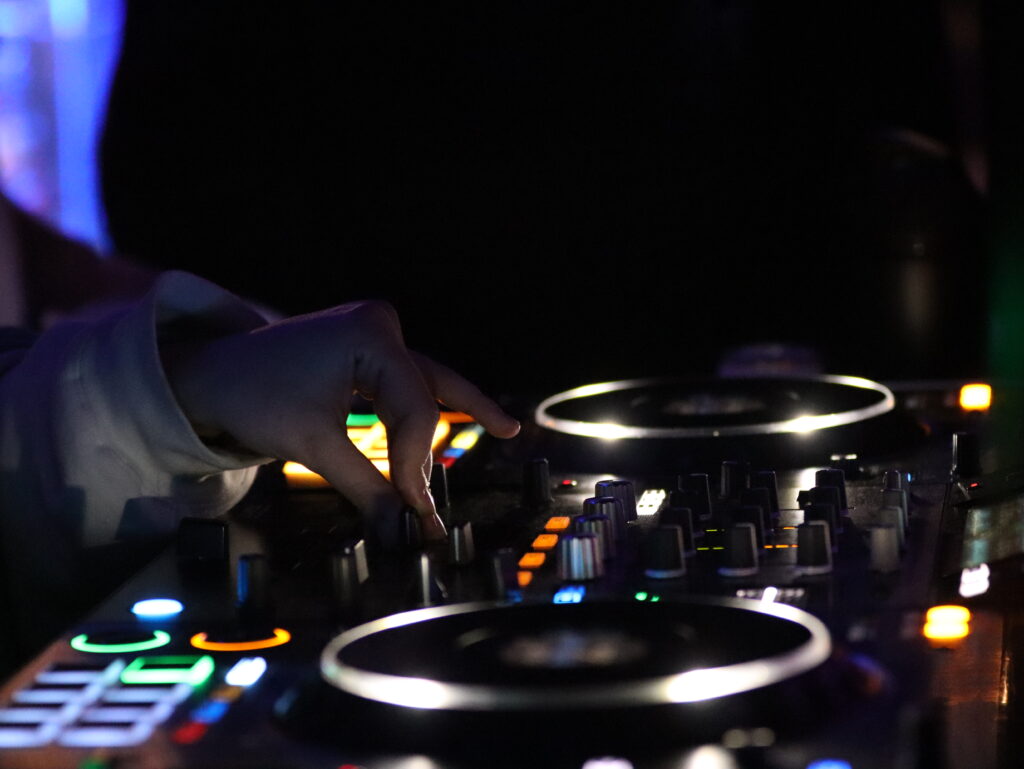
Mark Weathersby, or DJ Mahogany, started DJing back in 2005. So, he’s seen the evolution of Athens DJs over the last several years. In a Flagpole story from 2016, he said that the scene in Athens was varied, ranging from top 40 hits to obscure jams—he largely agrees today. He says there’s still a crowd that enjoys older music, but there is also a new, youthful movement.
“Here in Athens, I think it’s definitely more of that top 40 scene, I think it’s going towards that … youthful, vibrant, very energetic, fun, dance scene with EDM. And, that definitely is the movement where music is going towards,” said Weathersby.
Ben Bradberry, also known as DJ Reindeer Games, describes in Flagpole a “split scene,” which poses the question: Are people coming to shows because they enjoy the music, no matter who is spinning, or are DJs attracting crowds with the specific vibe they create?
Morrow, being more involved in underground EDM, says her experience has been going to a show because you like their sound. Landgraff, who also works in EDM but for a more fraternity crowd, thinks the answer is a little complicated. He doesn’t necessarily want to be confined to one sound, which makes it a fun challenge to experiment with all kinds.
“You need to set an entire vibe—there’s nothing to watch… it’s just me and my board,” said Landgraff. “My favorite part is being able to set an entire tone of how you want your set to be… I think that the balance of Athens music makes it so people know to not expect anything going in and kind of accept it for what it is.”
Current opportunities
In the post-pandemic music scene, Morrow attributes much success to the Nightshade Family, which she describes as being like a label and events promoter. She worked as one of their resident DJs and says they’ve been instrumental in throwing shows for the underground scene, which struggled after COVID-19.
Morrow also helps host Open Decks at Mai Kai Kava Bar, which she describes as “an open mic night for DJs.” Anybody who wants to play can bring their USB and plug it in, allowing beginners to give it a try and pros to experiment with something new.
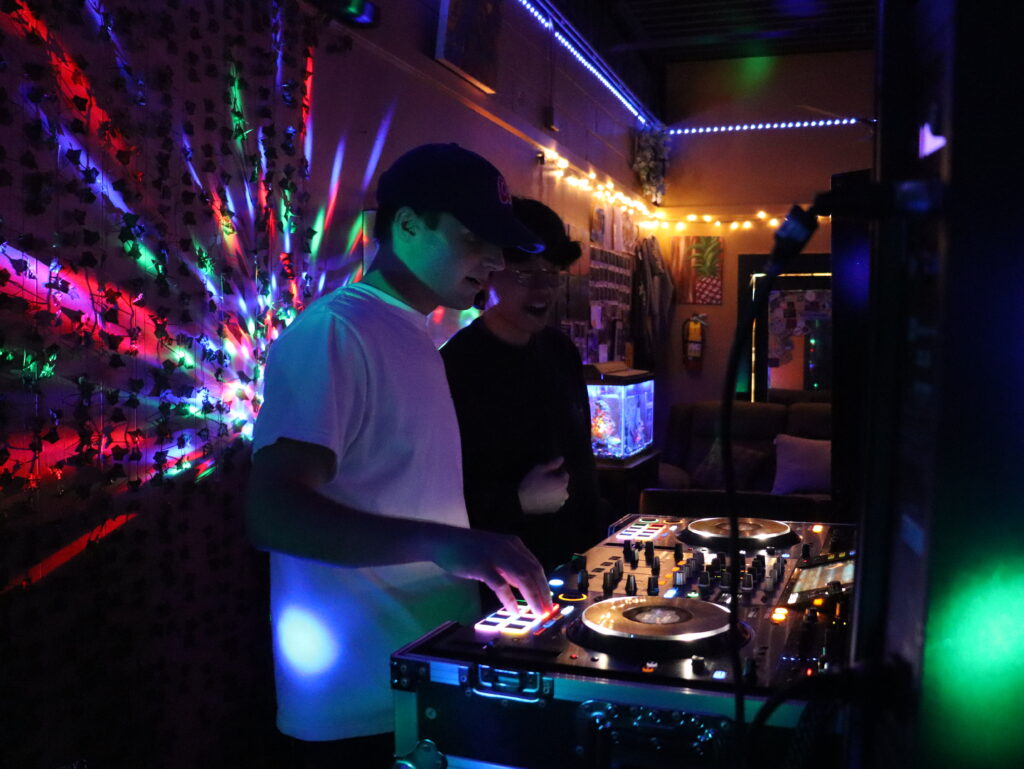
Scottie Stephens, known as Karezza, is one of the other hosts for Open Decks. Morrow says he helped her learn how to DJ and produce. Stephens started DJing and producing about five years ago, saying he also used the lockdown time to work on his music. But, he didn’t start playing shows until two or three years ago, many of which were with Nightshade.
Morrow is the one who invited Stephens to Open Decks, which they soon started hosting together. While it felt like a big step at the time, he says this opportunity helped him make connections. He reflected on how different his and Morrow’s lives would be if she had never asked him to come to Open Decks.
“Honestly, this place has changed my life for the better,” said Stephens. “I’ve met so many people in the community, and it’s given me a place to come to and keep growing my relationships with all these people.”
What’s next
Stephens agrees that the DJ scene is slowly being revived and is on a good path.
“It’s slowly being built back up, but it’s just harder to find,” said Morrow.
Now that anyone can watch a YouTube video, DJing is more accessible, according to Morrow. She emphasized the need for production skills because people can pick it up pretty quickly. Landgraff agrees, saying his biggest regret was not releasing original music fast enough.
Overwhelmingly, the DJs want beginners to approach their craft with an open mind. Landgraff said that even though a vibe cannot be predicted, the DJ must be prepared. Weathersby said he had to be like a sponge that absorbed it all.
“You need to have fails,” said Landgraff. “You have to have those kinds of low-stakes shows in order to make those high-stakes ones good.”
With summer quickly approaching, Morrow already has her eyes on the third annual “Earthday Everyday” event on May 11 at Southern Brewing Company, which is put on by Afterglo. Weathersby also thinks the warmer weather will draw back more shows to their previous hot spots.
“I bet you we’re gonna see DJs on the rooftop [of the Georgia Theatre], and I think they’re gonna be packed and ready,” said Weathersby. “By the end of this year, everybody’s gonna be back out on the dance floor dancing.”
I want to share stories of artistry with the world, particularly those by minorities. I’m a junior at the University of Georgia pursuing a journalism degree, music minor, music business certificate and news literacy certificate. I vow myself to veracious storytelling because I felt the consequences when the truth remained unknown.
